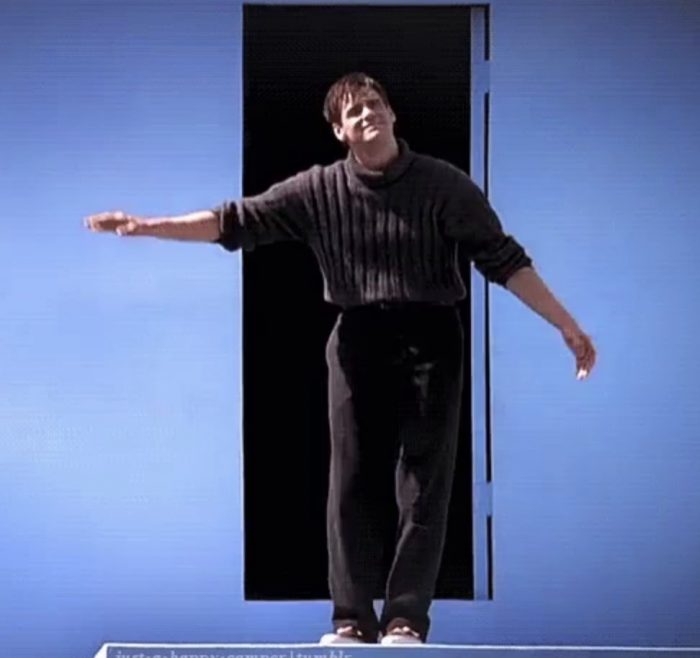One of the lines in the Iron and Wine song, “Thomas County Law,” strikes me every time I hear it: “Nobody looks away when the sun goes down.”
How do we watch something so magnificent, that warmed us through the day and gave us light, eventually come to an end? We watch with breathless awareness knowing that we have no choice but to let it go.
Lassoing the sun is a dangerous excursion and will surely get us burned. At the same time, it will postpone what remains after its end. And it may not be until that last strand of the sun’s rays that draws our attention from our wandering mind, when we appreciate all it has provided us, reflecting on the happenings of a busy day, and all for which we are grateful.
We honor it and its generous gift.
The sun is setting on my apprenticeship with Elephant Academy. It rose up into my life with an abundance of warmth, gently casting light on areas of my darkened and unseen shadows. It heated my cool and softened my bones, allowing me to flex the body parts left tethered to the familiar, the confinements of all I knew.
Like the sun gliding across the day, casting shadows on various parts of my space, Elephant Academy moved through my awareness and mindful consciousness, aiding in shifting perspectives, angling around beliefs and behaviors, and gently contrasting between what is and what is not true.
And when the temperature rose from the heat of responsibility and workload, support was provided and allowed me to carry the sun upon my skin, without burning it; encapsulating its nourishment without depleting me of its nutrients.
The setting sun gifts us with a bow. It has provided us with the opportunity to see our surroundings more clearly. It has awakened us from our slumber and given us time to walk amongst the shadows and pause in the radiating sun.
Like the setting sun, Elephant Academy’s bow to my fellow apprentice mates and me is received with a pause and a reflection of all we have discovered together while journeying through our day in the sun, and with immense gratitude just for the opportunity to walk in it.
Life is not pure darkness when the sun sets, when opportunities and moments come to an end. Every ending is a pause, a respite in all that we have experienced and lived, like the expansive pause after the end of an exhale, right before the inhale and the beginning again.
I sit at my computer’s blank screen as the last video group meeting comes to an end. I feel the beginnings of the ending’s opening, the expansive space, and observe with neutrality, the arising feelings of loss, sadness, longing, and wanting to prolong the meeting a little longer, or go back and start the process over—thinking, maybe I would have done things differently, holding onto certain moments or conversations. All the while holding in the excitement, fear, change, and unknown borne out of new beginnings.
Dwelling in the in-between state, as Pema Chödrön proclaims, requires learning to hold the paradox of both endings and beginnings. Clinging, longing, and fear do not reside here; it is where we face the life and death cycle of every aspect and moment of our lives, without emotional reactivity. We must consciously choose and believe in the value of being open to the new.
We are all coming to an end of something, be it a breath, a moment, a relationship, a job, or an experience like mine with Elephant Academy, and so we ask ourselves “How do we allow the endings, the setting suns, to support our new beginnings with grace?”
Be mindful of our clinging or attaching nature.
It prevents us from being genuinely open to the new beginning and prevents us from responding skillfully to it.
Clinging to the old is multilayered because not only are we demanding things to be other than they are, now, we may also be demanding that the past be other than it was, then. Clarissa Pinkola Estes stated in her beautiful book, Women Who Run With the Wolves, “When life becomes too controlled, there becomes less and less of a life to control.”
Life is dynamic. It is the annica (impermanence) and the dukkha (suffering), the constant fluctuation from movement to stillness, lightness to darkness, death to birth. And in this case—the end of my apprenticeship—the hello and goodbye.
Be mindful of how our new insights can be integrated into our already existing life.
It requires making a conscious choice to value these new insights and noticing areas of old habits, old mindsets, and old responsibilities and obligations. Consciously choosing to support the changes that may have occurred in us as a result of our experience and not returning to our familiar, safe ways, out of fear of the unknown or our newness.
This poignant and sharp poem by Ellen Bass, “If you Knew,” so eloquently expresses the tenuousness of life and every moment encapsulated within it:
What if you knew you’d be the last
to touch someone?
If you were taking tickets, for example,
at the theatre, tearing them,
giving back the ragged stubs,
you might take care to touch that palm,
brush your fingertips
along the life line’s crease.
When a man pulls his wheeled suitcase
too slowly through the airport,
when the car in front of me doesn’t signal,
when the clerk at the pharmacy
won’t say Thank you, I don’t remember
they’re going to die.
A friend told me she’d been with her aunt.
They’d just had lunch and the waiter,
a young gay man with plum black eyes,
joked as he served the coffee,
kissed her aunt’s powdered cheek when they left.
Then they walked half a block and her aunt
dropped dead on the sidewalk.
How close does the dragon’s spume
have to come? How wide does the crack
in heaven have to split?
What would people look like
if we could see them as they are,
soaked in honey, stung and swollen,
reckless, pinned against time?












Read 4 comments and reply